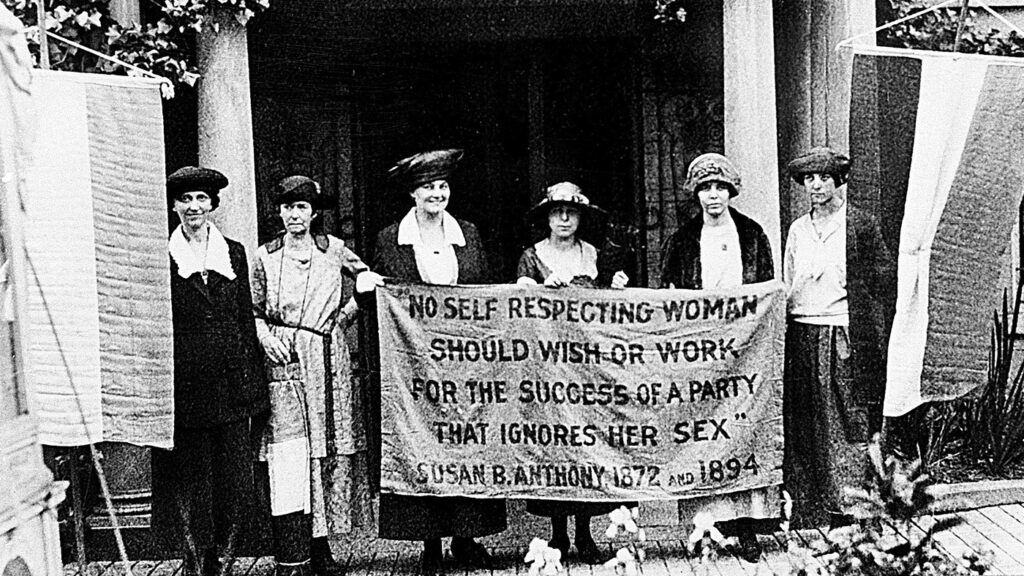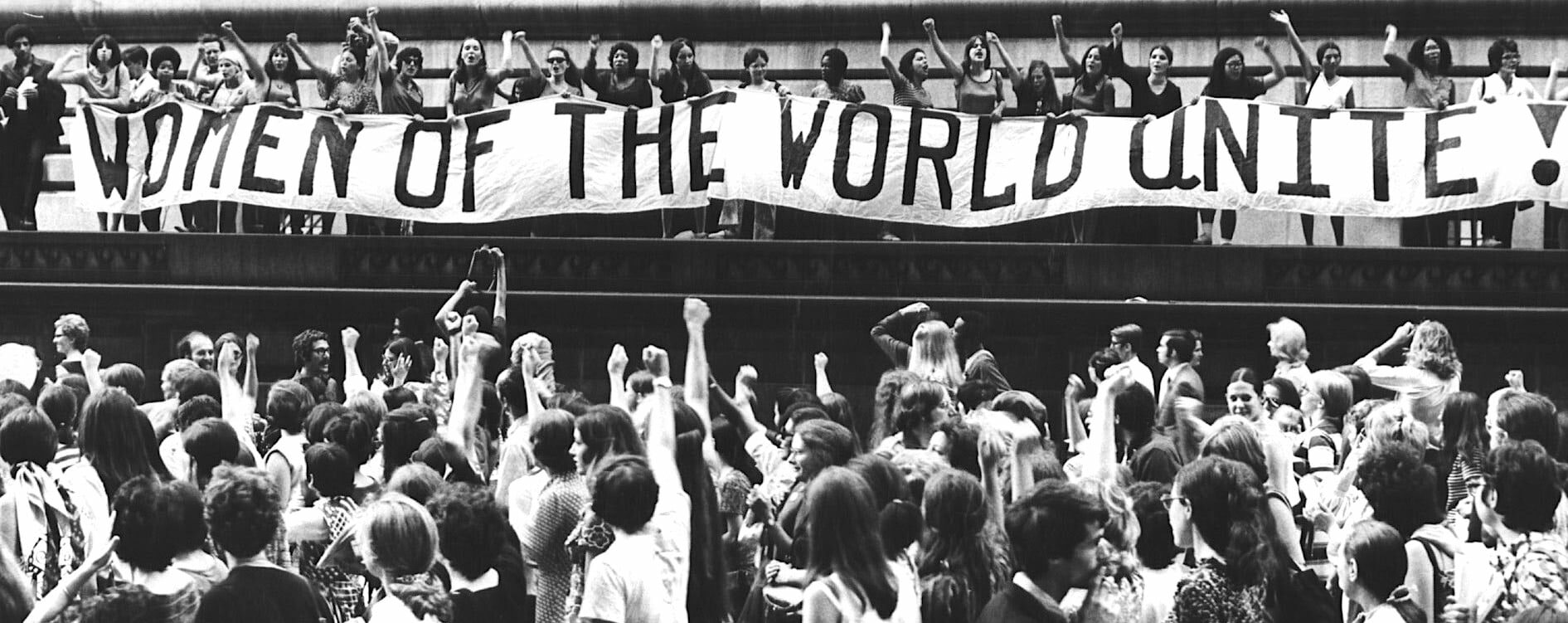By Elena Chatzikosta,
Gender equality was never a given, it had to be fought for and up to this day it has not been fully achieved. The Universal Declaration of Human Rights, a document which presented for the first time our fundamental human rights that have to be universally protected, was declared in 1948.
Seventy-two years later and there are still laws around the world that do not provide these basic human rights to women or girls. For instance, in Nigeria a husband has the right to beat his wife, as long as the offense doesn’t result in “grievous hurt”, in order to “correct” her. What they call an honour killing is an act of violence committed by male family members against female family members who have acted in a way that brings dishonour to the family. Not only do these actions occur but also, the perpetrator frequently receives a reduced sentence if the victim is proven to have brought dishonour to her family.
These harmful tactics completely violate the Universal Declaration of Human Rights and they prove that gender equality is far from being achieved. However, there is a huge gap between the developed world, namely North America and Europe, and the underdeveloped world of Africa, the Middle East and certain countries in Western Asia. While in the latter occasion, there are still women who are being forced into marriage or have to take permission from their husband to even step out of the house, in the developed world there is discussion about the gender pay gap situation and equality in the workplace.
Gender inequality in the developed West has drastically changed mainly for two reasons. First of all, better socio-economic circumstances have allowed women to have a higher status in society. During the industrial revolution, due to increased poverty, middle to low class women had to start working in order to preserve their families. There were times when industrial employers preferred to hire women (and sometimes children) over men as their workforce. Women were usually paid less and could also do more dangerous jobs (such as working on mines) which was more profitable. From the moment that women started receiving a salary, they could exercise their independence, so they slowly and steadily began to be perceived as more equal to men.

The second reason why gender equality has progressed in the developed world, is due to the feminist movement. The feminist movement can be translated into a series of political campaigns and protests on issues that have concerned and affected women throughout different periods of time and it is usually divided into four waves. The first wave of the feminist movement was oriented around women’s political rights. The second wave was about combating cultural inequalities while the third one focused on furthering women’s political representation and reproductive rights. We are currently living through the fourth phase of the feminist movement.
The fourth wave of feminism is concentrated on the combat of violence against women, body shaming, sexism on the internet and is also significantly outspoken about the application of double standards mainly in the workforce but also in several social situations. Modern day feminism has gained a lot of popularity through the internet and has become exceedingly widespread, to the point of becoming a trend and gaining a lot of supporters. But, naturally, with all the support, there has come a lot of hate as well. Many people are accusing modern day feminism for the advancement of man-hating and are confusing extreme feminism that is led by radical feminists (known as feminazis) with feminism as we know it, the movement for gender equality.
Modern feminism also examines the relationship between feminism in the Christian-based countries of the West and the feminism of Islamic countries. Western feminism talks about bettering women’s position in society and furthering their rights whereas Islamic feminism is more of a fight, rather than a discussion, over safeguarding women’s fundamental human rights. The difference between the two movements is massive to the point where Islamic feminism tends to make western feminism look small and sometimes, pointless.
It is quite often that in Europe or North America, media promotion typifies this contradiction between western and Islamic feminism substantiating the opinion that feminism is no longer needed in the West because “equality has already been achieved”. However, the reality is far from that. Only six countries worldwide have given women and men equal legal work rights (World Bank survey, 2019), 1 in 10 women in the European Union have experienced some form of sexual violence after the age of 15 (Fundamental Rights Agency survey, 2014) and 1 in 5 American women have been victims of an attempted or completed rape in her lifetime (National Intimate Partner and Sexual Violence Survey, 2015).
Progress is evident and gender equality in the West is close to succeeding only if people do not dismiss its importance. Western Feminism is proof that progress can be made in the underdeveloped world and the Eastern countries as well, if the world pays the necessary attention and specific steps are followed. In conclusion, there is still progress to be made and human rights need to be protected, so feminism is needed and as the writer Audre Lord once said “I am not free while any woman is unfree, even when her shackles are very different from my own”.






